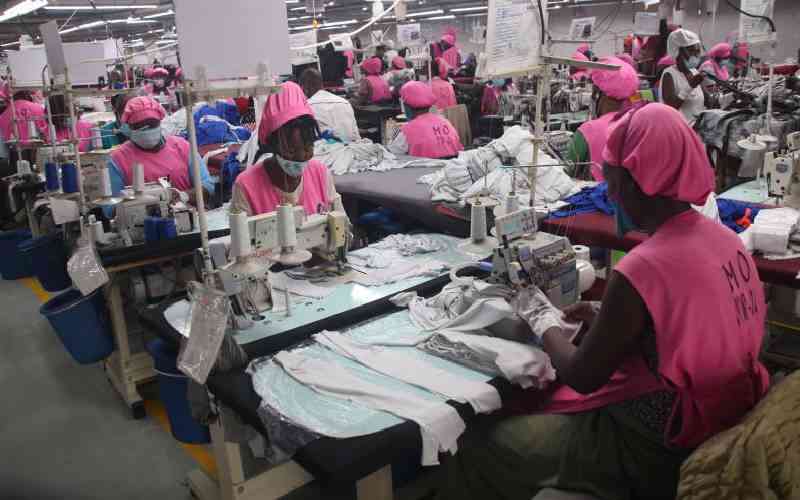×
The Standard e-Paper
Smart Minds Choose Us
By Ogembo Kaching’a in Pretoria
The financial markets are bruised and battered. The global economy is limping. Venture capitalists are the warriors of global economy regeneration. One way to get out of the economic mess is through venture capitalism — investing in cutting-edge technological innovations and new scientific discoveries or inventions, especially given the historical role of innovation and entrepreneurship as the lifeblood of the global economy growth.







